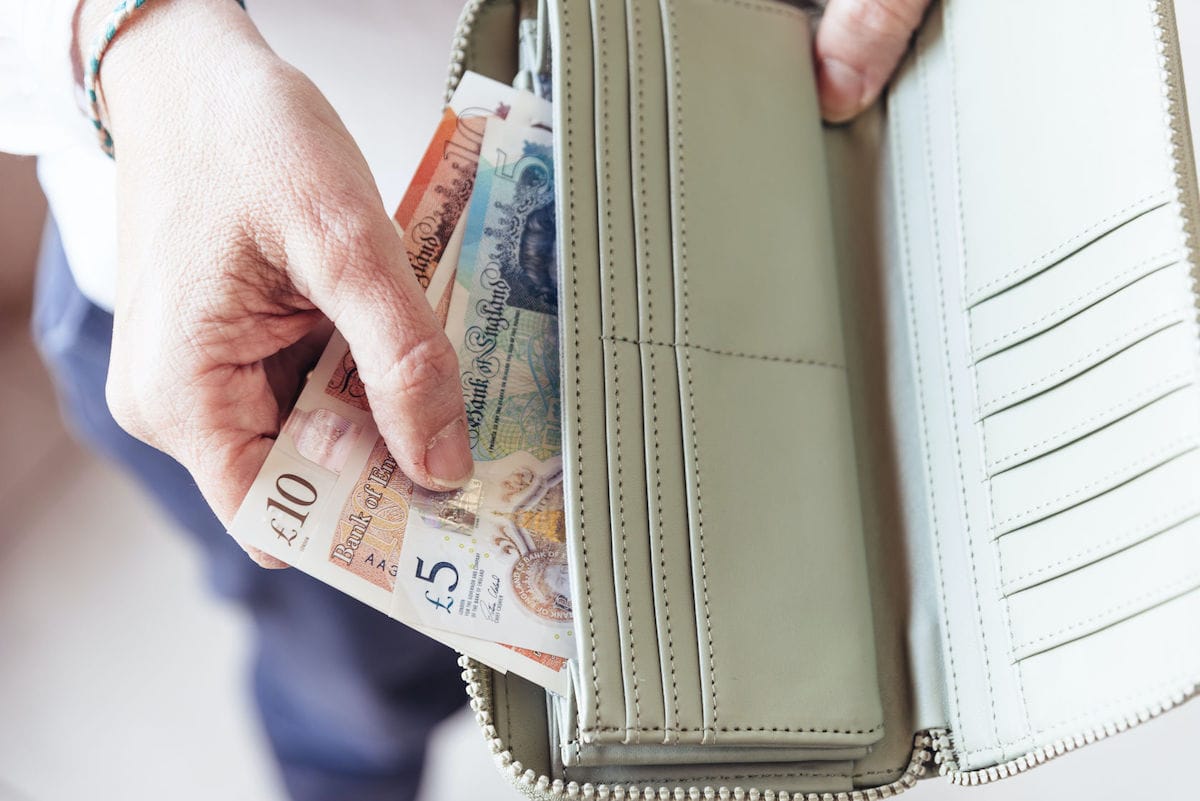Cash-strapped times drive increased cash usage.

Despite the growing number of retailers and hospitality companies that only take card payments there has been an increase in cash used for shopping, which disrupts the trend of the last 10 years.
According to findings in the British Retail Consortium (BRC) Payments Survey 2023 the number of cash transactions rose year-on-year for the first time in a decade with the proportion increasing from 15% of transactions in 2021 to 19% last year.
This represents a significant shift from the established underlying trends in the retail sector. Back in 2013 cash accounted for a sizeable 53% of transactions but the decrease in its usage has accelerated over the years since then. The most marked decline came during Covid-19 when it halved from 30% of transactions to 15% between 2020 and 2021.
The value of cash transactions has also increased for the first time in 10 years, according to the BRC survey, which found cash represented 11% of customer spend in 2022 compared with 8% the previous year. This again counters the entrenched trend we have seen over the past decade, with the cash spend in retail falling from 28% in 2013 to the 8% level in 2021.
Another contrarian trend was the average transaction value, which fell from £24.39 to £22.43 in 2022, which compares to the increased levels seen during the pandemic. These combined figures point to a more budget-focused environment, with shoppers making more frequent, smaller purchases in the form of cash that helps them to more easily budget their outgoings when compared with using card payments.
Sheldon Mills, executive director of consumers and competition at the FCA, stated: “We know that, while there is an increasing shift to digital payments, over three million consumers still rely on cash – particularly people who may be vulnerable.”
The BRC has stated it is committed to helping the more vulnerable people in society as well as those people who recognise that using cash is a more effective way of budgeting during the ongoing tough economic conditions that are fuelling the cost-of-living crisis.
It is not only cash transactions that have risen in the most recent figures in the BRC survey but also alternative payment methods including Open Banking and Buy-Now-Pay-Later (BNPL) solutions, which when combined grew from 2% of transactions in 2021 to 5% in 2022. Although there are ongoing concerns about BNPL products providing easy access to debt – especially for younger consumers – the BRC recognises these alternatives as positive competition to card payments.
As card payments have risen to become the predominant way to pay in the UK the BRC has expressed concern that retailers are paying ever higher fees in order to accept card payments. The retail industry paid £1.26 billion on card processing fees in 2022, which includes a 27% increase in scheme fees and a 7% uplift in interchange fees (based on a percentage of the transaction values). The organisation is spearheading a campaign to bring about a change in the payments landscape.
Hannah Regan, payments policy advisor at the BRC, says: “Though alternative payment methods could provide much needed competition to the market, the dominance of card payments means it is essential that action is taken to prevent fees rising further.”
